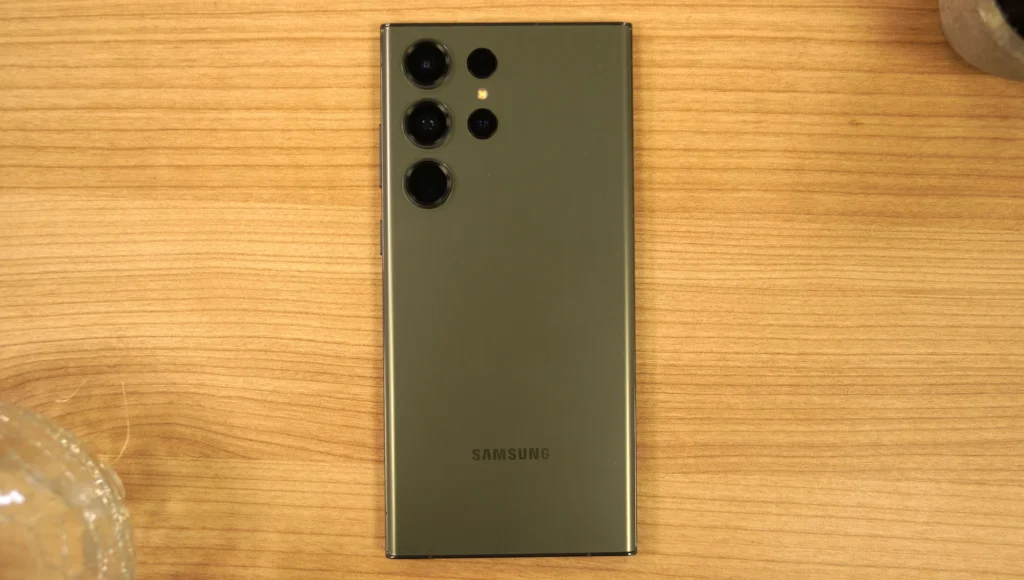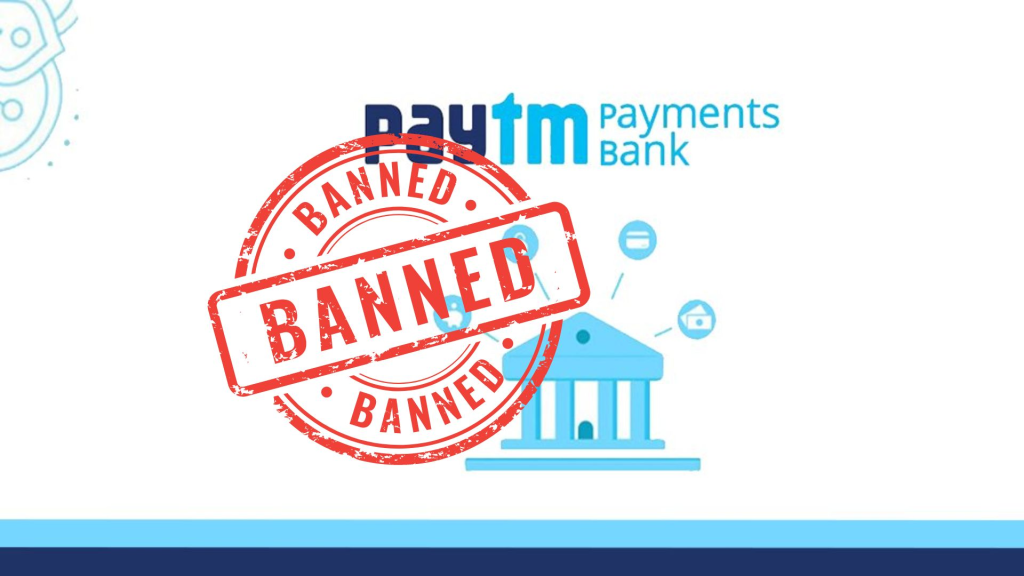India’s vibrant and sizeable smartphone market endured a surprising 7% year-on-year (YoY) decline in the number of devices shipped in Q1 2025, claimed reports published this week by Counterpoint Research and CyberMedia Research (CMR). The decline, which included a further fall to about 32.4 million units, represents a dramatic reverse in a market that has long served as a growth engine for global smartphone producers. But beneath the surface is a nuanced story of shifting consumer behavior, supply chain difficulties, and a large push toward premiumization and 5G adoption.
This blog delves into what’s behind the slump, the performance of players who matter, and also on what it means for India’s smartphone landscape in 2025.

The Context of the Decline
The 7% YoY drop in shipment volumes at Q1 2025 comes after a meagre 4% increase in 2024—when India shipped 151M units of smartphones, IDC says. The Q1 deceleration was driven by:
- High level of inventory from end of 2024 impeding product launches.
- New smartphone launches drop 26% YoY.
- Anemic consumer demand at the sub-$200 level caused by macroeconomic factors, including:
- A weakening rupee
- Inflation
- HH reduced affordability of basic models
Notwithstanding volume headwinds, ASPs continued to make history on the upside, with demand strong in the premium space.
Premiumization: A Silver Lining
Even as shipments fell, the market value soared to an all-time high, with a clear skew toward higher-end devices.
Key Trends:
- 11% CAGR in ASP post-pandemic
- 15% YoY increase in the ultra-premium segment (₹45,000+ / ~$540)
- Growth enabled by:
- Financing options
- Increased aspirational buying
- Technological innovation
Brand Highlights:
- Apple:
- 29% YoY growth
- Strong sell through of iPhone 16 series, particularly iPhone 16e
- Market leader in value terms
- Samsung:
- 5% growth in S25 series
- AI features brought much-needed interest back to the premium segment
- OPPO and Nothing:
- OPPO A3/K series gained popularity as well
- Nothing recorded 200%+ growth
The transformative impact of 5G was felt fully by India’s Q1 2025.
Key Stats:
- 5G phones represented 87% of smartphone shipments — highest ever
- It registered 100%+ growth in the underserved sub-₹13,000 ($160) 5G segment”.
- 500%+ YoY growth in the sub-₹10,000 (~$120) 5G segment
Leading Brands:
- Vivo:
- 21% 5G market share
- Best performing devices: Y29 5G, T3 Lite, T3X, T4X
- Motorola:
- 53% YoY increase as a result of a concentrated 5G portfolio
- Xiaomi, Poco, Realme:
- Persistent investment in affordable 5G packages
Brand Performance: Winners and Losers
Market Leaders in Q1 2025:
- Vivo:
- Market leader with 20-22% share
- 9% YoY growth
- Powerful offline sales network and the differentiated pricing strategy
- Samsung:
- 17% market share
- Hit by inventory problems which led to a 23 percent decrease in total shipments
- OPPO:
- 15% share
- 8% YoY growth from A3 and K series marketing
- Realme:
- 10.4% market share in January
- Up from 9.9% the previous year
Brands Facing Challenges:
- Xiaomi:
- 37% YoY decline
- Faced with inventory overhang and poor demand despite new launches such as Redmi Note 14 series
- Apple:
- Achieved 25-29% YoY growth
- Grabbed 8-11.4% market share with strong performance in the premium sector
- Smaller Brands:
- Nothing and Motorola made strides through innovation and cheap 5G handsets
Channel Dynamics: Offline Resurgence
Sales at bricks-and-mortar stores staged a robust comeback, representing 65% of the sales, a high following the pandemic.
Key Observations:
- Physical retail wins for premium purchases Consumers favour in-stadium experience for tickets and merchandise.
- Vivo led in offline share
- OPPO and Xiaomi followed in second and third place
Online share stood at 49%, with:
- Samsung as the leader
- Apple rising due to success of iPhone 15 and 13 models
Chipset Market: MediaTek vs. Qualcomm
The chip competition mirrored wider trends in the market:
- MediaTek:
- 45-46% market share
- Entry level 5G: Low end 5G smartphones: Vivo Y29, T3X and so on.
- Qualcomm:
- 35% market share
- Premium models from Apple and Samsung dominat these rankings.
Looking Ahead: A Modest Recovery
Analysts forecast single-digit growth in the low single-digit range for 2025, with the help of the following:
- A favorable economic outlook
- Rising 5G adoption
- Growth in local manufacturing
Key Trends to Watch:
- Sweet spot moving to ₹20,000–₹30,000 (~$240–$360)
- On-device AI functionality in demand
- Made in India mobile phones export surges
Challenges and Opportunities
Challenges:
- Mass-market push and pull: inflation, 4G feature phones, second hand market
- Premium market challenges: upgrade cycles, refurbished devices
Opportunities:
- Generative AI at every price point
- Government Stimuli for Local Production
- India’s emergence as a global smartphone hub
Conclusion
India’s smartphone market in Q1 2025 indicates a transition period. The solid nature of premiumization and 5G adoption, meanwhile, bodes well for further value growth down the road even as shipments dipped 7%.
- Vivo holds strong leadership
- Apple dominates the premium space
- Affordable 5G continues to fuel mainstream adoption
While brands are adjusting strategies due to inventory constraints and shifting consumer demands, India continues to be a key battleground in the global smartphone race. The path forward will largely depend on innovation, affordability, and India’s role in the global tech supply chain.
Disclaimer: Information provided is based on publicly available sources and user experiences.
if you have any issue with this Article – Click Here




